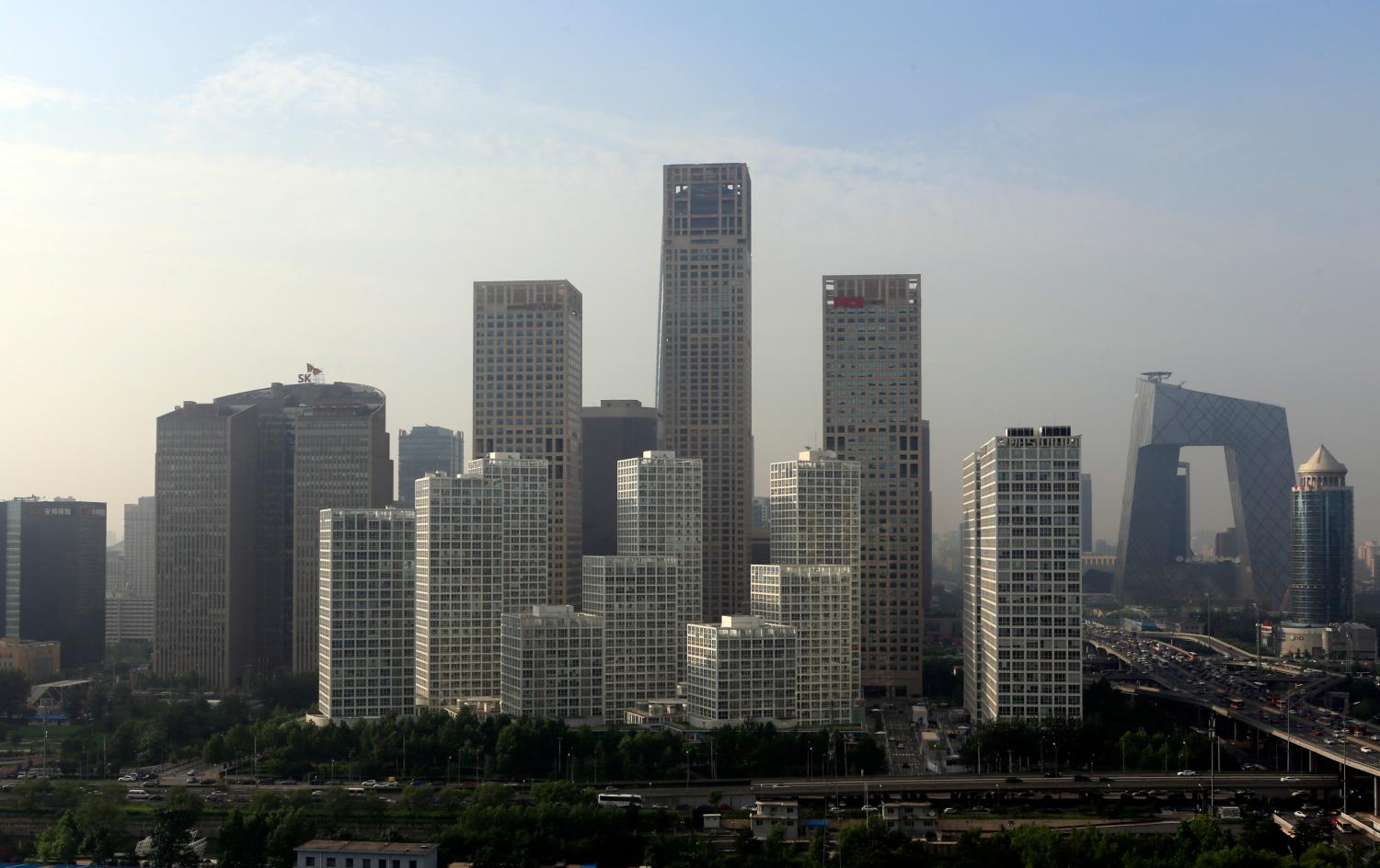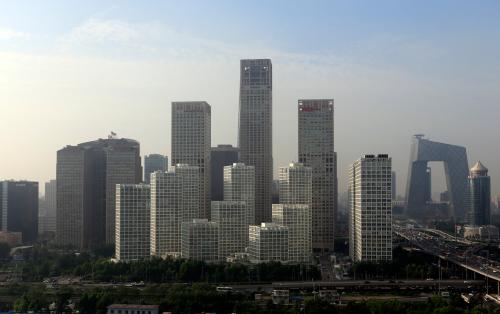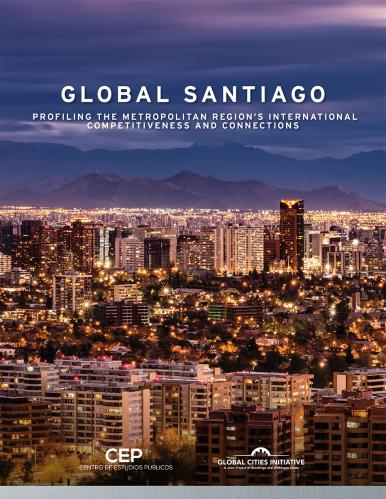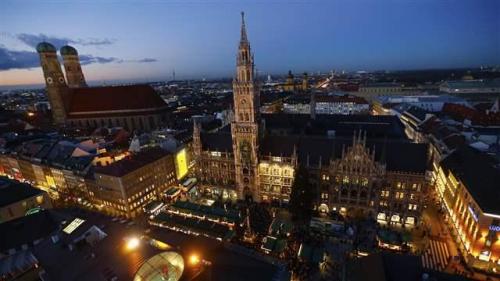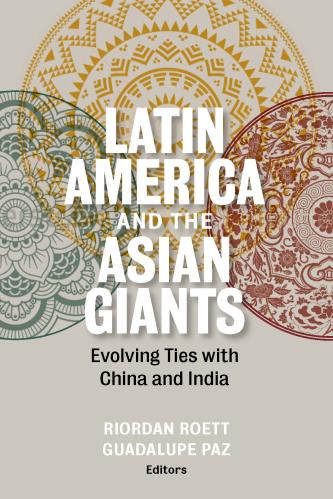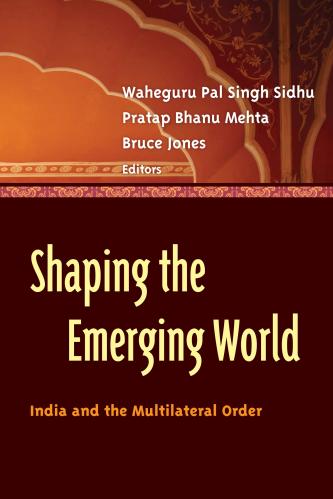Content from the Brookings-Tsinghua Public Policy Center is now archived. Since October 1, 2020, Brookings has maintained a limited partnership with Tsinghua University School of Public Policy and Management that is intended to facilitate jointly organized dialogues, meetings, and/or events.
Beijing is without any doubt already a global city. A symbol of China’s emergence as a global power, Beijing ranks among the world’s most influential cities. Beijing has developed into an important global city in a relatively short period of time. Beijing has benefited from efforts by the Chinese government and Beijing’s municipal government to elevate the city’s international reputation, and from Beijing’s legacy and position as China’s political and cultural center. There has also been massive investment in infrastructure to support business and innovation activities and to enhance Beijing’s global connectivity. However, Beijing’s rise as a global city is still incomplete.
Beijing’s global influence in terms of economic competitiveness and financial interconnectedness still do not measure up to the top cities in the world. In Beijing as a Globally Fluent City, Feng Wang examines four key questions on Beijing’s rise towards becoming a top tier global city:
-
-
What kind of city does Beijing aspire to be?
-
-
-
How can Beijing improve its governance?
-
-
-
What does it take to build a more vibrant economy?
-
-
-
How can Beijing’s global identity be further enhanced?
-
KEY FINDINGS
• Beijing needs to rethink its aspiration to be China’s top city in every aspect.
A distributed and multicentered model of economic, cultural and technological resources better serves a nation’s need for innovation, economic growth and improvement in quality of life for residents.
• Beijing cannot be a great city simply by attracting global Fortune 500 companies.
Citizens need to feel that they are living in a great city, and need to be connected to the city in meaningful ways. A great global city is first and foremost a vibrant city for its own residents, not just for others.
• Beijing’s concentration of China’s higher educational and R&D facilities in China already positions itself extremely well to be an center for innovation.
Beijing is also well positioned to be a center for financial services.
• Beijing has many of the most important ingredients to be a truly great global city.
Many factors have contributed to Beijing’s rise as a global city, but openness and connectedness are the two most important so far, and they will continue to be the most crucial for Beijing’s future as a globally fluent city.
This paper is based on an earlier background note prepared for a roundtable discussion in Beijing on June 3, 2013, hosted by the Brookings-Tsinghua Center for Public Policy and the Global Cities Initiative.
The Brookings Institution is committed to quality, independence, and impact.
We are supported by a diverse array of funders. In line with our values and policies, each Brookings publication represents the sole views of its author(s).

